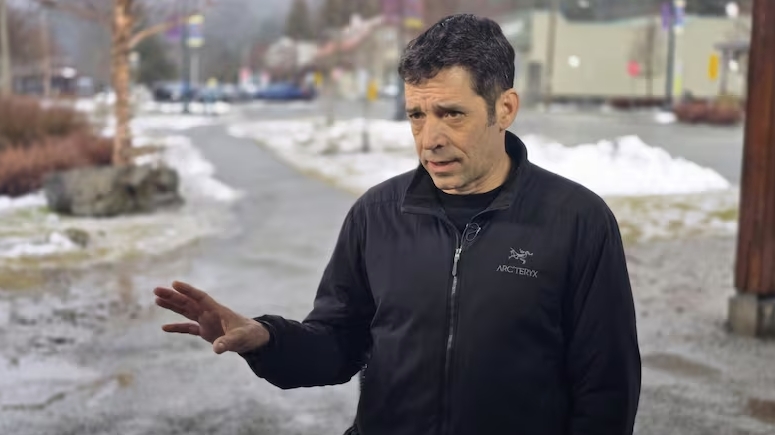Pemberton’s Growing Pains: Policing Costs Set to Surge as Population Nears 5,000
Liam O'Connell
2/25/20252 min read


Pemberton, B.C., is experiencing rapid population growth, attracting new residents with its scenic mountain setting, small-town charm, and proximity to Vancouver and Whistler. But as the village inches toward 5,000 residents, local officials are scrambling to prepare for a financial shock—a steep increase in policing costs that could cripple the municipal budget.
Under current provincial rules, B.C. municipalities with fewer than 5,000 residents don’t directly pay for their own policing. Instead, the province collects a police tax through property taxes to cover a portion of the costs.
But once a municipality crosses the 5,001-resident threshold, it must assume 70% of its policing costs, a dramatic jump from its current contributions.
A $1.3M Budget Challenge
Pemberton’s population grew 32% between 2016 and 2021, reaching 3,407 residents, and estimates put it at 3,678 in 2023. At this pace, local officials expect to hit 5,000 residents within the next decade, triggering a $1.3 million increase in policing costs.
"We have to keep up with infrastructure, fire, climate change, housing, transit—all these other costs," said Mayor Mike Richman. "Then you add this massive one-time budget hit for policing, and it's really not manageable for small communities. It's crippling."
The 2025 municipal budget includes discussions on whether to gradually increase taxes to build reserves for the impending costs or wait until the financial burden hits all at once, which could result in a 40% property tax hike in a single year.
Lessons from Other Growing Communities
Other B.C. towns have faced the same challenge in recent years. Duncan, Oliver, and Metchosin all recently crossed the 5,000-resident threshold and had to assume policing costs.
Duncan had hovered around the 5,000 mark for several years before finally surpassing it in 2021. Fortunately, the city had started saving years in advance, which softened the financial impact.
"We would have been facing over a 30% tax increase this year if we hadn’t prepared," said Duncan Mayor Michelle Staples.
Oliver took a similar approach, implementing a five-year plan with 9% annual tax increases to build up reserves. By the time the town had to assume $900,000 in new policing costs in 2022, it was financially ready without sacrificing other essential services.
"That was an innovative approach, and it worked well," said Oliver Mayor Martin Johansen. "We’ve been in good shape since."
Seeking a Gradual Funding Model
Pemberton officials are now looking at options, including setting aside $257,000 annually for the next five years to gradually build a reserve.
But Richman and local business leaders say the provincial funding model is too abrupt, arguing that transitioning from 0% to 70% of policing costs overnight is unrealistic.
"It’s not gradual," Richman said. "If we raise taxes by 1%, we bring in about $25,000. That’s it. We’d have to raise taxes by 40% in a single year to cover this."
Local business owners and residents are also asking for clarity on how policing will be structured once Pemberton is responsible for funding it.
"Tell us what this actually means for us," said Adam Adams, President of the Pemberton and District Chamber of Commerce. "A sudden $1.3 million bill would be a shock—we need a plan that the community can digest."
For now, Pemberton’s leaders are engaging with the province, looking for a more sustainable solution to fund policing while keeping taxes manageable.
News
Stay updated with the latest BC news stories, subscribe to our newsletter today.
SUBSCRIBE
© 2025 Innovatory Labs Inc.. All rights reserved.
LINKS
